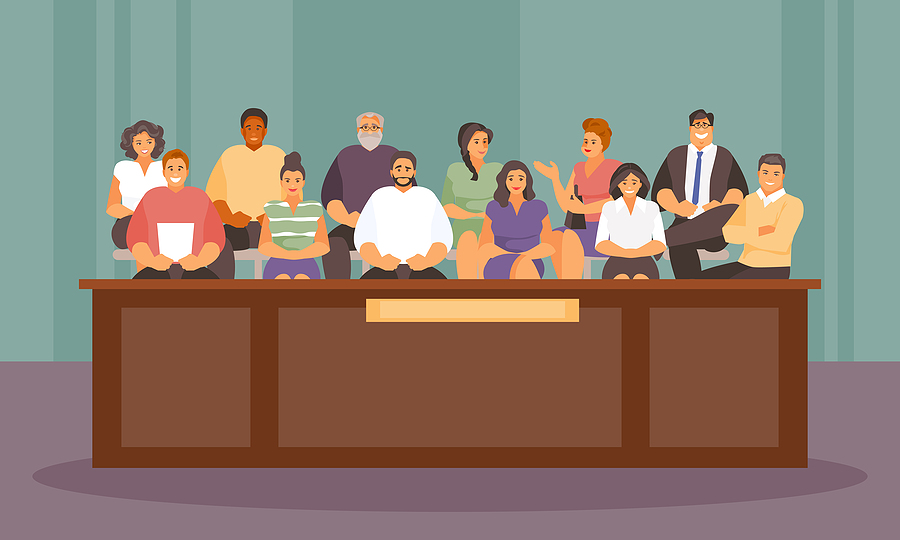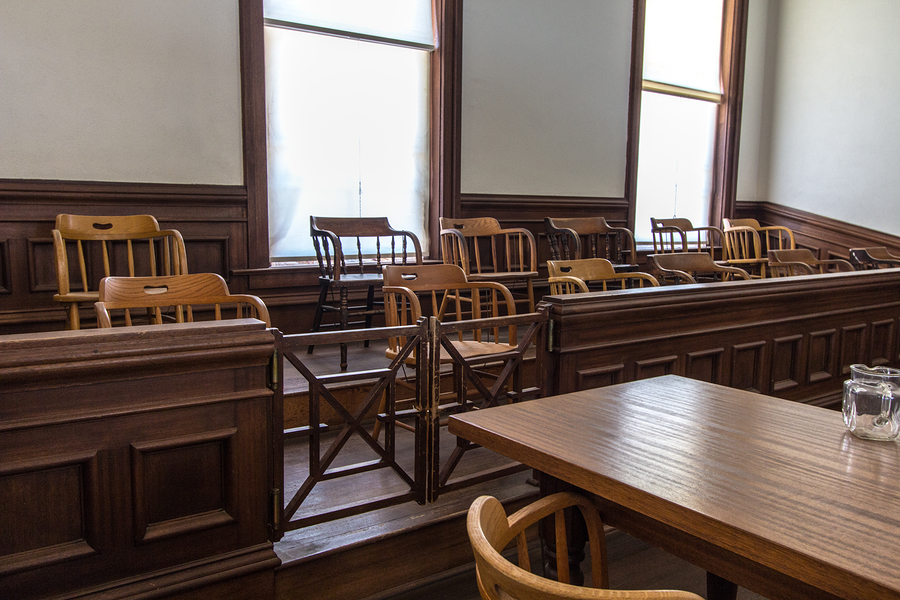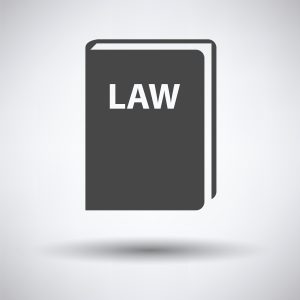Welcome to an inside view of a deeply ingrained tradition in our justice system – the jury selection in criminal cases. Commonly known as “voir dire,” this process is shrouded in a veil of intricate legal norms and principles that can often seem bewildering to the uninitiated. In a trial by jury, ordinary individuals bear the extraordinary responsibility of determining the fate of their peers. But how are these individuals selected? And what goes into ensuring they can dispense justice impartially?
This blog post is here to illuminate the path tread by legal practitioners in this critical phase of a criminal case. So, fasten your seat belt and get ready for an enlightening journey into the world of jury selection!

Your Right to a Jury Trial
The right to a fair trial by jury is a fundamental aspect of the criminal justice system in the United States. This right is guaranteed by the Sixth Amendment of the Constitution and is applicable to all criminal prosecutions. This means that individuals accused of crimes have the right to have their case heard by a jury of their peers, rather than being subject to the decision of a single judge.
Trial by jury provides a level of transparency and fairness in criminal law proceedings that may not be possible with other methods. It creates a system of checks and balances and ensures that the burden of proof rests on the prosecution to prove beyond a reasonable doubt that the defendant is guilty of the crime. Ultimately, the right to a trial by jury serves as a cornerstone of our justice system as it safeguards individual rights and promotes accountability.
The Basics of Jury Selection:
Process of Selecting Jurors
To begin with, it’s important to understand that the selection of jury members is not arbitrary. The courts take several measures to guard against any bias or prejudice influencing the verdict. The process starts when a list of prospective jurors is drawn up from various sources such as voter registration lists, driver’s license records, and so on. Next, an interrogation of sorts is conducted to ensure that all potential jurors comply with set eligibility criteria. This involves queries regarding the ability of the prospective juror to serve on a jury and their knowledge of the case and its parties involved, if any.
Cross-Examination of Jury
Once this phase is completed, both sides in a criminal trial – prosecution and defense – may exercise their right to challenge up to a certain number of eligible jurors. Such challenges require the juror’s disqualification on grounds of prejudice or bias. After this process, a jury is finally chosen and sworn in to carry out their duties at a trial, with twelve members for felony cases and six for misdemeanors.
Impartial Jury Assurance
But there’s more to it than just picking out random individuals. In order to ensure that the jury is impartial, even-handed, and unbiased towards any of the parties involved in a criminal case, lawyers use their experience to gauge the attitude of potential jury members. This involves looking for people who express no opinion on the subject matter in question or have not been exposed to media coverage regarding it. Based on this assessment, lawyers then decide whether to accept or strike a prospective juror and ultimately decide on the composition of the jury.
Pros and Cons of Trial By Jury
While there are numerous advantages to a trial by jury, it can also be the source of certain drawbacks. The primary advantage is that jurors often bring personal experiences and values into the court proceedings which can allow for a more thoughtful decision process than if left solely to one judge or magistrate. Additionally, depending on the case, jury members can act as impartial arbiters against any bias.
On the other hand, there is also a downside to trial by jury. This system can be very time consuming and costly due to the nature of involving twelve people in a lengthy deliberation process. Furthermore, this method leaves room for human error or misjudgment and may lead to verdicts that are not fully informed or properly reasoned out.
Final Thoughts
The selection process can be quite time consuming, but it’s a necessary step to ensure that justice is served impartially. We hope this blog has shed light on one of the most fascinating aspects of criminal law – jury selection. Now that you have an idea of what goes into choosing jurors for criminal cases, go ahead and explore it further! Who knows, you might end up being a juror yourself one day – what an amazing experience that would be!
Are you looking for qualified legal representation to fight your Indiana criminal charges? Contact the Law Office of David E. Lewis today at 317-636-7514 to book an appointment with an experienced criminal defense attorney in Indianapolis, Indiana. Our legal team is dedicated to fiercely and intelligently defending criminal appeals, while working to secure a reduction or dismissal of your conviction.
Related Posts:
The Impact of Plea Bargaining on Criminal Cases
How to Prepare For a Successful Trial as a Criminal Defendant
What are My Rights at Trial?





